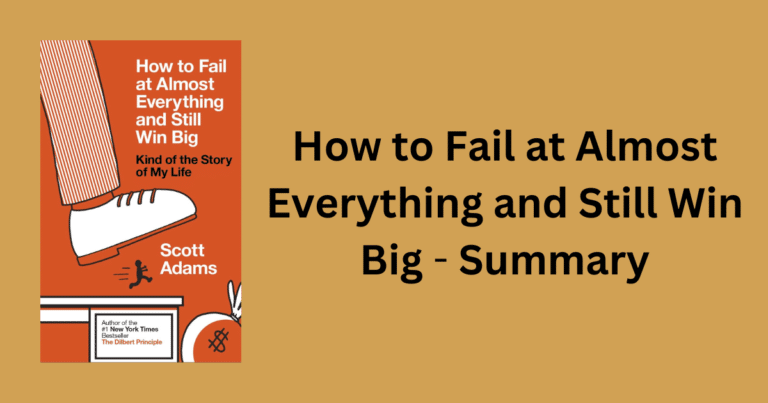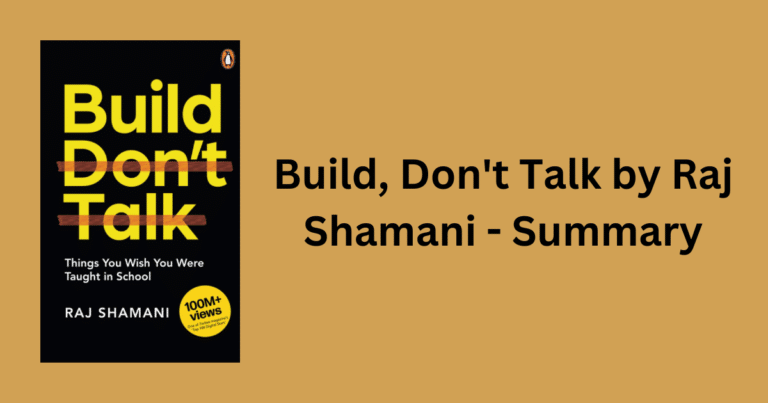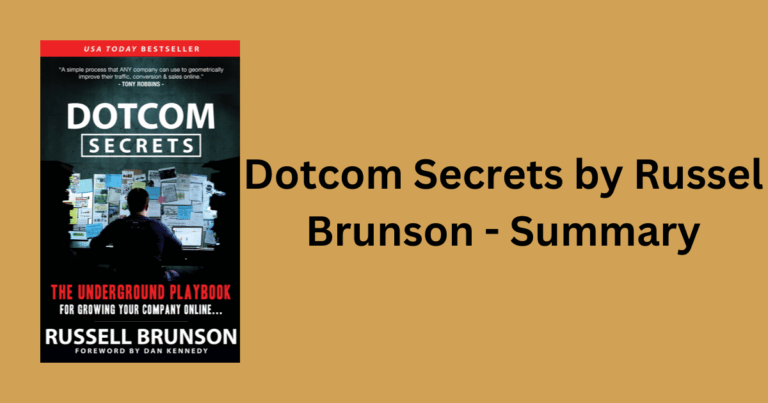The Psychology of Money by Morgan Housel talks about our relationship with money and our behavior associated with it in 20 brief chapters.
This book is a must-read for inspiring investors or anyone who wants to get their heads around money.
The key takeaways from the book are not something we’ve never heard of before, but they are hard to digest. There’s no secret formula at play here.
The Psychology of Money
Doing well with money has little to do with intelligence and more to do with behavior and behavior is hard to teach. It’s all about psychology.
Ronald James Read was an American Philanthropist, investor, janitor, and gas station attendant.
Well, what’s so special about Ronald Read?
Ronald Read had 8 million dollars when he died and no one knew of his wealth. All he did was save consistently throughout his life.
In his will, he left $2 million dollars to his stepkids and $6 million to his local hospital and library.
2,813,503 Americans died in 2014, out of which less than 4,000 had a net worth of $8 million when they passed away. Ronald Read was one of them.
How did he do it?
Read didn’t win the lottery or gain an inheritance. He saved what little he could and invested in blue chip stocks and waited decades on end for it to compound into more than $8 million. That’s the secret.
Financial success like most believe it to be is not a hard science and is in fact a soft skill. This skill is called the psychology of money.
Lessons on Money
The lowest income group in the US spends around $400 dollars on lottery tickets. More than a third can’t come up with 400 dollars in case of an emergency.
They are blowing their safety net in order to hit it big. They are paying in hopes of a dream, but it might seem absurd for us to grasp their reasoning.
Saving and living more humbly below our means is another important takeaway from The Psychology of Money.

This is a lesson in investing. What seems crazy to one might be sane to the other. Not everybody makes decisions on a spreadsheet.
“$81.5 billion of Warren Buffett’s $84.5 billion net worth came after his 65th birthday. Our minds are not built to handle such absurdities.”
We don’t want to accept the fact that Warren Buffett had invested for more than half his life to see these results.
My life has been a product of compound interest.
Warren Buffett
The first rule of compounding: Never interrupt it unnecessarily.
Charlie Munger
How much money is enough money?
The big question is how much money is enough money?
Where is the ceiling? We often keep moving the goalpost and are never happy with what we have.
No matter how well we do financially, there’s always someone somewhere doing better than us and as they say, comparison leads to envy.
At a party given by a billionaire on shelter island, Kurt Vonnegut informs his friend, Joseph Heller, that a hedge fund manager who was their friend made more money in a single day than Heller had made with his popular novel Catch-22.
Heller responds, well that is good, but I have something that he will never have … enough.
A lot of us, in the pursuit of more money, often lose ourselves or everything that we own for more. Sometimes drawing the line is crucial.
Here’s a story of how it can all go wrong.
Rajat Gupta grew from humble beginnings in Kolkata. He was orphaned as a child but went on to become CEO of McKinsey.
By 2008, he had a net worth of $100 million, but he wasn’t satisfied. He wanted to be a billionaire.
In 2008, Gupta learned that Warren Buffett planned to invest $5 billion into Goldman Sachs to survive it.
Sixteen seconds after learning the valuable information, Gupta phoned up his friend Raj Rajaratnam and revealed the news. Rajaratnam quickly brought 175,000 shares and made a quick $1 million.
It was easy money, but both Gupta and Rajaratnam went to prison for insider trading. For a man who supposedly had it all, he didn’t have to do it.
Tail Events
Anything that is huge, profitable, famous or influential is the result of a tail event.
By the mid-1930s Disney had produced more than 400 cartoons but they were losing money.
The Movie Cinderella: Snow White and the seven dwarfs changed everything. A tail event is rare and powerful and might be all that we need.
Disney made $8 million dollars and those 83 minutes of the film got them out of the hole. Like Mark Cuban you have to be right only once.
Similarly in business and finance, one tail event can change everything. For this to happen, you need to give yourself room for error. You can’t hit it all out of the park. You are going to have some duds.
Some of your bets are not going to work. Not everything is going to go right. Give yourself permission to fail. That’s the only way you can take calculated risks in order to succeed.
The Amazon Firephone had a $170 million dollar loss. It was a side project that did not take off. It wasn’t a tail event.
Amazon Web Services (AWS) and Amazon Prime on the other hand was a side project which generates around 60% of Amazon’s operating income.
You can be wrong half the time and still make a fortune. As Buffett says, no one wants to get rich slowly, but The Psychology of Money will give you some much-needed insights about money and propel you on your journey.






